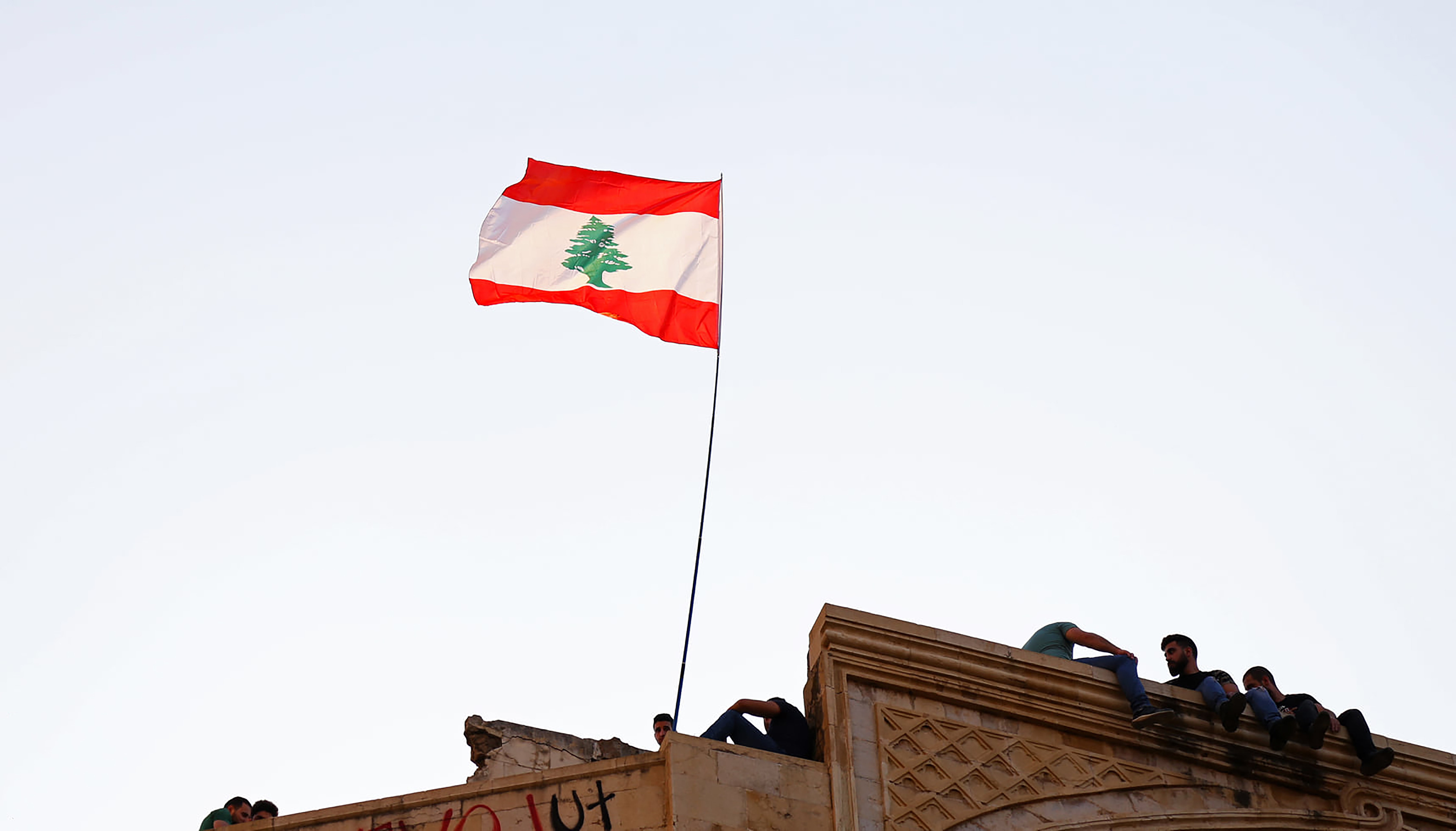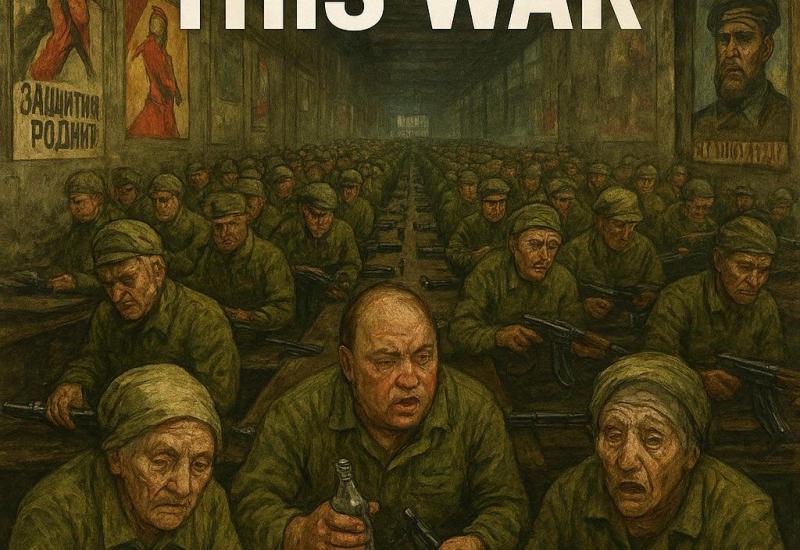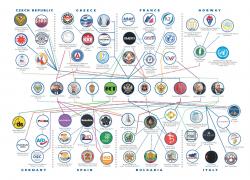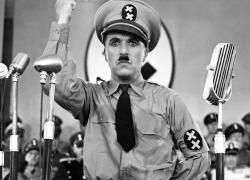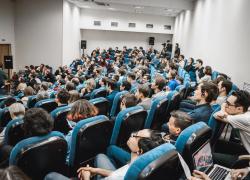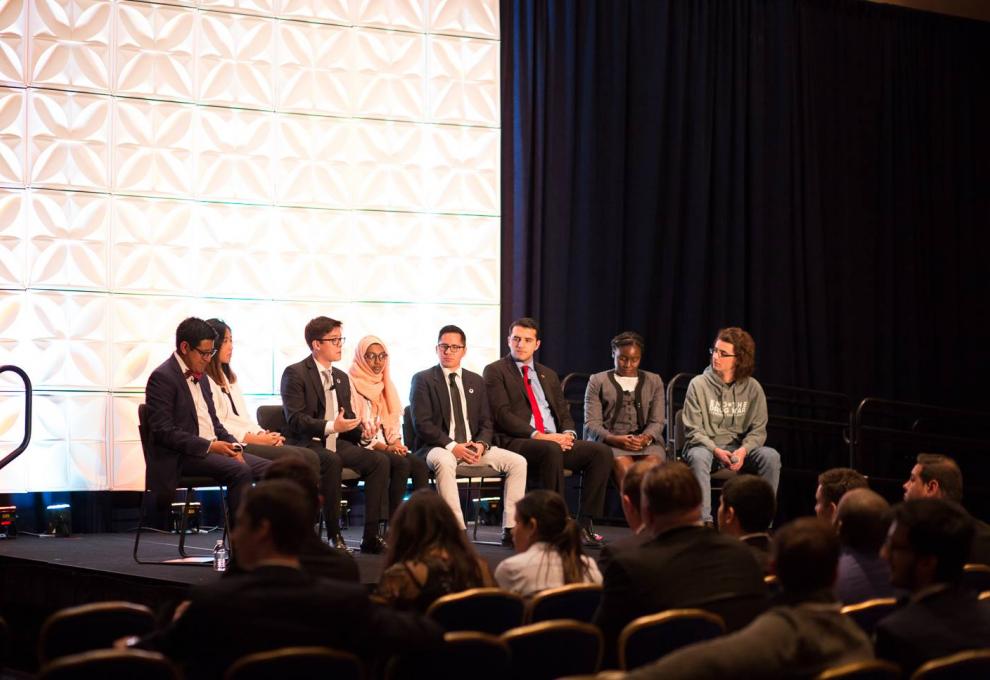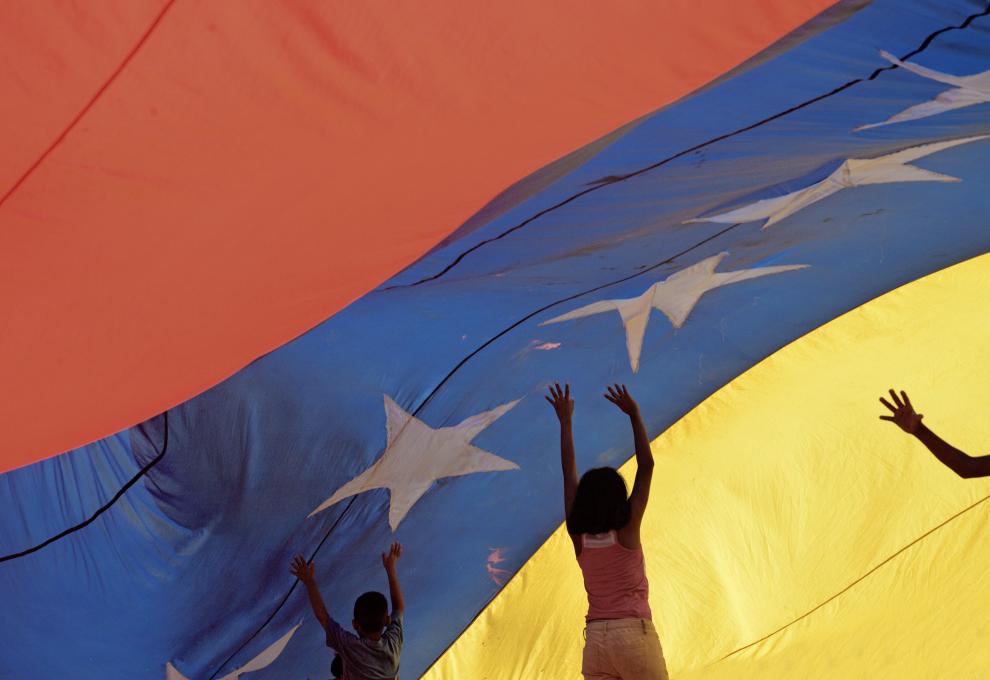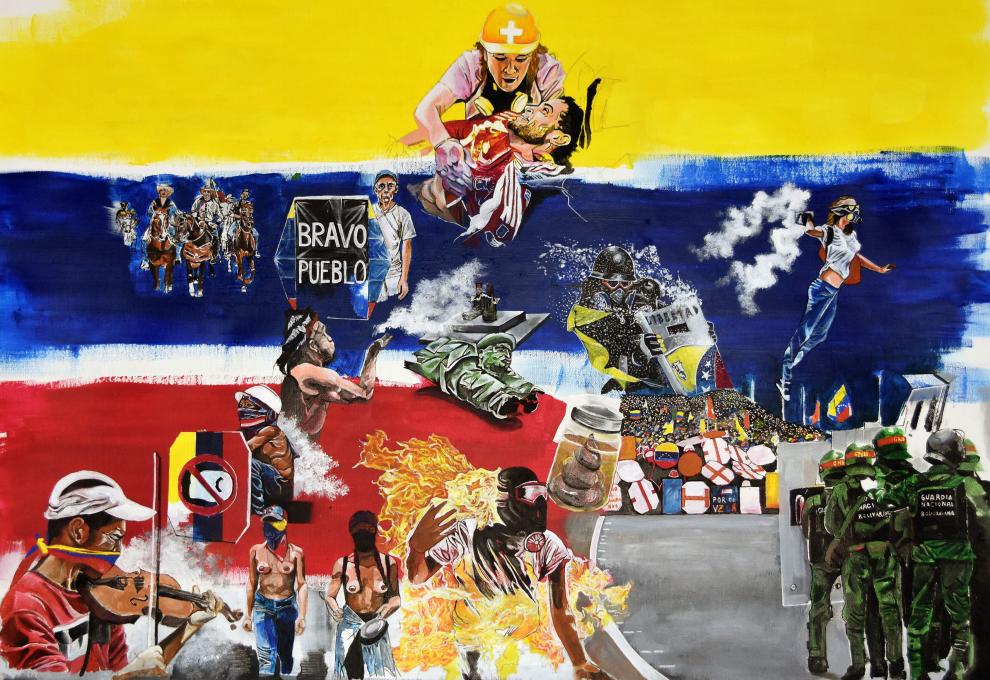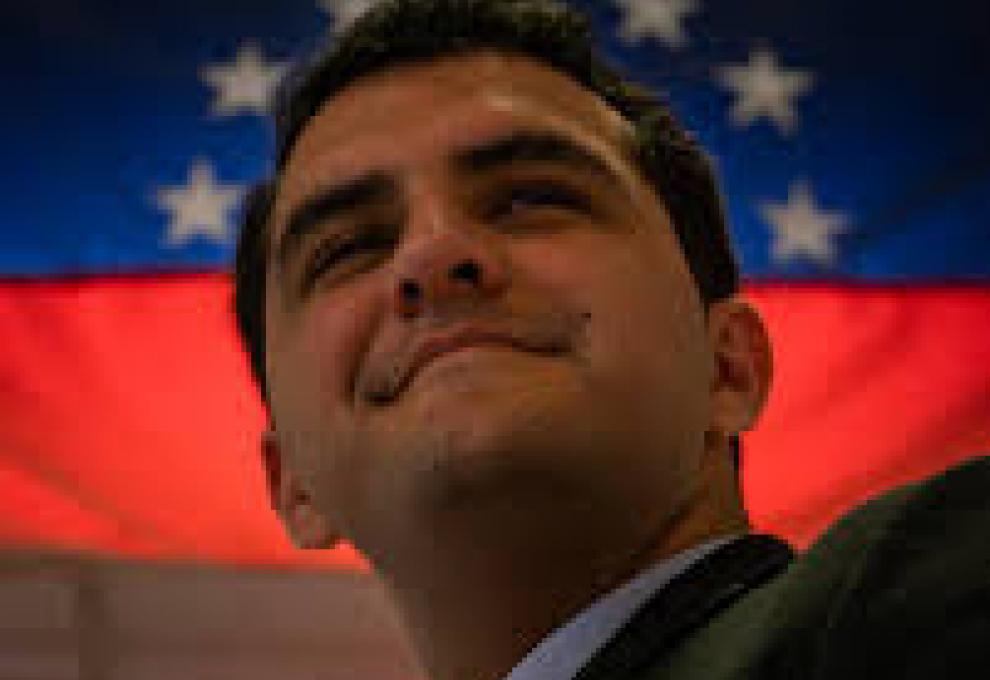Lebanon: on the brink of collapse
Lebanon is on the verge of total collapse. A modernization of its political institutions cannot be postponed.
Dear readers,
As many of you know, my paternal family is of Lebanese origin. My grandparents, Antoniette and Georges Jraissati, were born in a town outside Beirut called Zahlé, of no more than 150,000 people.
I have therefore always felt identified with Lebanon, even though I have never had the opportunity to visit it. With its Mediterranean culture, modern youth, successful diaspora, and world-renowned gastronomy, Lebanon throughout its history has proven to be a cultural benchmark like no other in the Middle East.
In the political sphere, in the 1940s, Lebanon managed to develop a unique political system in the world, the so-called "Lebanese Confessionalism," a political system based on the distribution of power between three religious' communities in order to guarantee political consensus and balance. Specifically, since 1943, the presidency has belonged to the Maronites, the first ministry to the Sunnis, and the assembly to the Shiites.
While the Lebanese Confessionalism was not a division of powers similar to the one that Charles de Montesquieu propelled in the United States and Western Europe, the interesting thing is that Lebanese Confessionalism worked for several decades, turning Lebanon into the financial and cultural center of its region, which led it to be known as the "Switzerland of the Middle East."
For this reason, what is happening today in Lebanon is tremendously frustrating for me. In the political sphere, Lebanon is an anarchic country, where there was no government for 13 months and where the current government chaired by Prime Minister Nayib MIkati has neither the legitimacy nor the state capacity to guide the country into peace and prosperity.
In Lebanon, political instability is such that, this Thursday, Beirut experienced its worst wave of violence in a decade when a shooting broke out in a protest that left at least six people dead and more than 50 injured. And the worst part, is that more events of this kind have to be expected.
On the economic front, Lebanon's gross domestic product has fallen by 45 percent since 2018. Since then, its currency has lost 90 percent of its value. Its annualized inflation is already around 150 percent. 80 percent of the bank's deposits have been squandered. And unemployment exceeds 45 percent of the population. Overall, poverty in Lebanon stands at 77 percent of the population, extreme poverty at 40 percent.
To understand the causes of the economic and political collapse of Lebanon, I have been in communication with two researchers from that country, Michael Maalouf and Mario Keyrouz. Both Michael and Mario are alumni of my organization, Students For Liberty.
Students For Liberty is an non-profit organization focused on promoting political, social, and economic freedom worldwide. We currently have a presence in 117 countries, including Lebanon, where both Michael and Mario have been working towards the modernization of the country's economic and political institutions.
On the research front, Michael works for the humanitarian organization Mercy Corps, "a global team of humanitarians working together on the front lines of today's greatest crises to create a future of possibility, where all can prosper." On his part, Mario is a public policy analyst at the Lebanese Institute for Market Studies, his central subject of study is the financial system of that country.
When asking about the economic problems of Lebanon, Mario reaffirms that hyperinflation "is the biggest problem of the Lebanese economy."
On the political side, Mario argues that the tension and political confrontation has led to the almost general deterioration of the country's public institutions.
"Politically, tension has accumulated between the different political parties, which as a consequence occasionally leads to confrontations and to the alteration of the correct functioning of our institutions," Mario says.
"Since the October 2019 revolution, there has been a dramatic increase in political polarization regarding the role of Hezbollah (HA). This culminated in clashes between Hezbollah and residents of another region whose majority belonged to a rival political party, The Lebanese Forces. The previous build-up of tension culminated in clashes. But this is not the first time that Hezbollah has resorted to small skirmishes and a show of power to achieve political means. And it is more than likely not to be the last, " Mario adds.
When asked about it, Michael agrees that the political confrontation has been the cause of the institutional deterioration of Lebanon.
"Lebanon has entered a constant vicious cycle full of economic and political complications that would keep the country in a failed state for years to come," Michael argues.
Regarding the economic crisis, Michael tells me that the situation has been complicated given the large number of market interventions that exist in Lebanon.
"The economic situation is getting complicated as there are no adequate measures to deal with the problem that has placed great obstacles to the market. This has led to the migration of many young people and the closure of many businesses as the country moves into the unknown," Michael says.
Beyond listening to these opinions from the academic and political sector, I wanted to also talk with my cousin, Habib Moutran, since Habib can provide us with a vision more linked to Beirut's business world.
"The political parties do not agree [in Lebanon], they fail to generate reforms to solve the crisis for the population that has been the most affected. The internal division of the state, of politicians, is largely by sectarianism (confessionalism). [This] has unleashed the loss of state sovereignty (failed state) and high corruption that does not allow adequate measures to be carried out," Habib argues.
Habib says that an independent and technocratic transitional government is necessary.
In general terms, if there is one thing that Habib, Mario, and Michael agree on, it is the need to reform Lebanon's political institutions.
In fact, the situation is very similar to the experience of so many Latin American countries. In the sense that the recovery of the quality of life of the Lebanese people does not go through aid programs from the international community, nor through credit injections or investment programs from multilateral organizations, such as the International Monetary Fund or the World Bank.
Lebanon's economic recovery goes through reforming its domestic political institutions. These have to be democratic, open, and incentivized to modernize the Lebanese economy. Lebanon needs markets now more than ever. They need to empower their youth, so they seek opportunities in Lebanon, not elsewhere. Otherwise, Lebanon will continue to collapse, which is extremely painful not only for those Lebanese within the territory, but for the millions of Lebanese and descendants of Lebanese throughout the world.
Jorge Jraissati
Jorge Jraissati is a Venezuelan economist and freedom advocate. He is the Director of Alumni Programs of Students For Liberty, an NGO advancing the ideas of a free society in over 100 countries. Beyond SFL, Jorge is a research consultant for IESE Business School, an economist from the Wilkes Honors College, and the President of Venezuelan Alliance, a policy group specialized in the Venezuelan humanitarian crisis. Jorge is a weekly columnist at Freedom Today Network.

